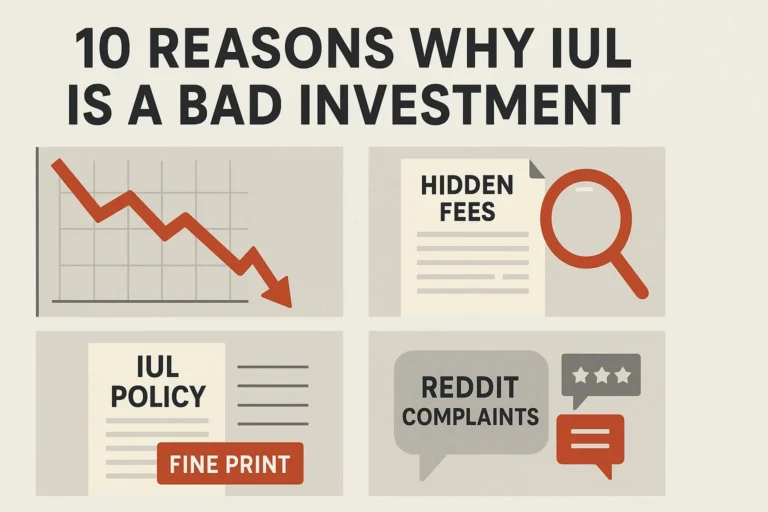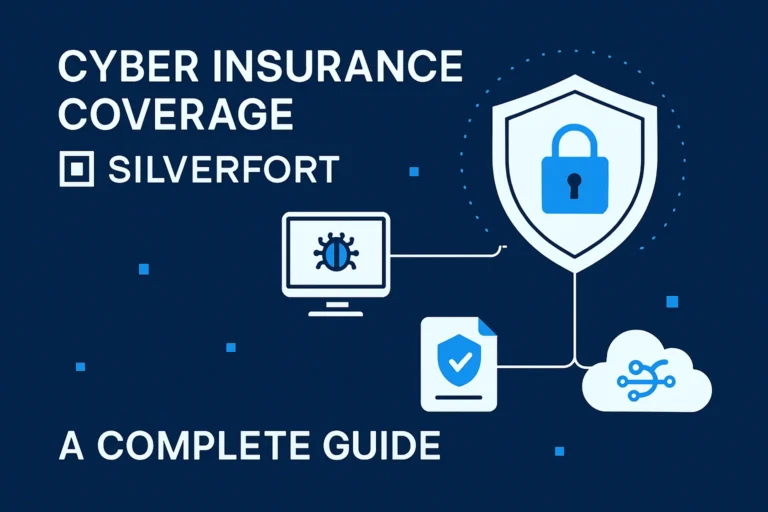How to Apply for an EFIN: Complete Guide for Tax Preparers
If you’re planning to file tax returns on behalf of clients, completing the EFIN application is your first crucial step. Without an Electronic Filing Identification Number (EFIN), your tax business cannot access the IRS e-file system. This guide provides a detailed yet easy-to-follow walkthrough of the process—from understanding what an EFIN is, to application and approval, including every key step to help you become an Authorized IRS e-file Provider.
What Is an EFIN and Why Is It Important?
An Electronic Filing Identification Number (EFIN) is a unique six-digit number issued by the IRS. It confirms that you or your tax preparation business has been approved as an Authorized e-File Provider, allowing you to electronically submit tax returns on behalf of clients.
This number is essential if you’re planning to process more than 10 returns per year, as IRS regulations mandate e-filing in such cases. Without an EFIN, you’re limited to submitting returns on paper, which is time-consuming and outdated.
EFIN vs. PTIN: What’s the Difference?
Many tax preparers confuse these two numbers, but their roles are distinct:
- EFIN is assigned to a business or individual preparer who files returns electronically. It verifies the firm’s authorization.
- PTIN (Preparer Tax Identification Number) is issued to individual tax preparers to identify who prepared the return. It is required for all paid tax preparers.
Both numbers are necessary if you’re planning to run a tax business at scale.
Benefits of Having an EFIN
- Legal compliance: Required by law if filing more than 10 returns.
- Professional trust: Adds credibility and trust for clients.
- Speed and convenience: Enables faster, paperless processing.
- Business scalability: Makes it easier to handle high-volume returns efficiently.
Who Needs an EFIN?
An EFIN is required for any firm or individual intending to electronically file tax returns on behalf of clients. This includes CPAs, enrolled agents, and seasonal tax preparers who prepare more than 10 returns annually.
Eligibility Criteria for Firms and Individuals
To qualify for an EFIN, applicants must:
- Be at least 18 years old.
- Be a U.S. citizen or lawful permanent resident.
- Operate a legally recognized business.
- Meet your state and local licensing or bonding requirements.
Pre-Application Checklist
Being organized helps streamline your EFIN application process. Prepare the following:
- Social Security Number (SSN): For personal identification.
- Recent Tax Return: IRS uses this to verify your identity.
- Personal Account Numbers: Including credit cards, car loans, or mortgage accounts for background validation.
- Email and Mobile Number: Required for account setup and notifications.
- Business Information: Legal name, EIN, address, and type of entity.
Understanding the Role of Principals and Responsible Officials
These are the key individuals involved in your business who must be listed in the EFIN application:
- Principals: Owners, partners, or officers like the CEO, CFO, or anyone with 5% or more ownership.
- Responsible Officials: Individuals with authority over the e-filing operations. They may be the same as the Principal but must still be listed separately.
The IRS will conduct a suitability check on all listed individuals.
EFIN Application Process (Step-by-Step)
Step 1: Create an IRS e-Services Account
Go to the IRS e-Services website and register via ID.me. This third-party platform will authenticate your identity using personal data such as your SSN and credit file information.
Step 2: Fill Out the e-File Application
Log into your IRS e-Services account and select the e-File Provider application. You will need to:
- Enter business information
- Add Principals and Responsible Officials
- Choose your provider role (e.g., transmitter, software developer, reporting agent)
Step 3: Submit Fingerprints and Undergo Suitability Checks
Each Principal and Responsible Official must submit fingerprint cards. These can be obtained from IRS-approved providers.
Send fingerprint cards to:
IRS EFU Acceptance
Testing Stop 983
310 Lowell Street
Andover, MA 01812
The IRS will then perform a suitability check, which includes:
- Criminal background checks
- Tax compliance history
- Credit checks
- Prior non-compliance with IRS programs
Step 4: Application Approval
Approval can take up to 45 days. You can check your status anytime by logging into your e-Services account and clicking “EFIN Status.”
Common Mistakes to Avoid During the Application
Here are some typical errors that delay or derail the efin application process:
- Providing outdated or incorrect personal info.
- Missing details about business partners or Principals.
- Submitting fingerprints too late or using an unauthorized fingerprint provider.
- Failing to update application after staff changes.
What Happens After You Receive Your EFIN?
Once your EFIN is approved, you are officially an Authorized IRS e-file Provider.
Best Practices for Managing Your EFIN
- Keep your EFIN confidential: Do not share it publicly.
- Use secure e-filing software: IRS-compliant software ensures data protection.
- Monitor filing activity: Check how many returns have been filed using your EFIN to detect fraud.
Setting Up Tax Software
Choose IRS-approved tools such as:
- Lacerte (best for CPAs and large firms)
- ProSeries (ideal for small firms)
- ProConnect (cloud-based and scalable)
These tools integrate seamlessly with your EFIN.
EFIN Maintenance and Renewal FAQs
Does My EFIN Expire?
Your EFIN does not expire. However, if unused for two consecutive years, the IRS may deactivate it. Always file at least one return each year to keep it active.
What If My EFIN Is Compromised?
If you suspect fraud or unauthorized activity, contact the IRS immediately. The agency will investigate and may assign you a new EFIN if necessary.
Do I Need to Renew It?
There is no annual renewal requirement for an EFIN. However, you must:
- Update any changes to your business (name, address, EIN)
- Notify the IRS of new Principals or Responsible Officials
Final Thoughts on the EFIN Application Process
The EFIN application is a vital step for any tax professional looking to operate legally and efficiently. By following this detailed guide, you can reduce the risk of delays or errors in the process.
Taking the time to apply properly positions your tax business as professional, compliant, and scalable. Don’t wait until peak season—start your efin application today and prepare your firm for success.






